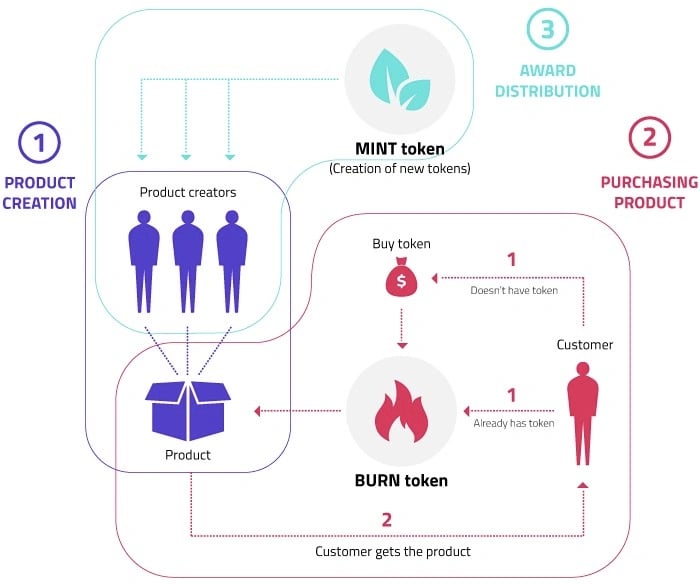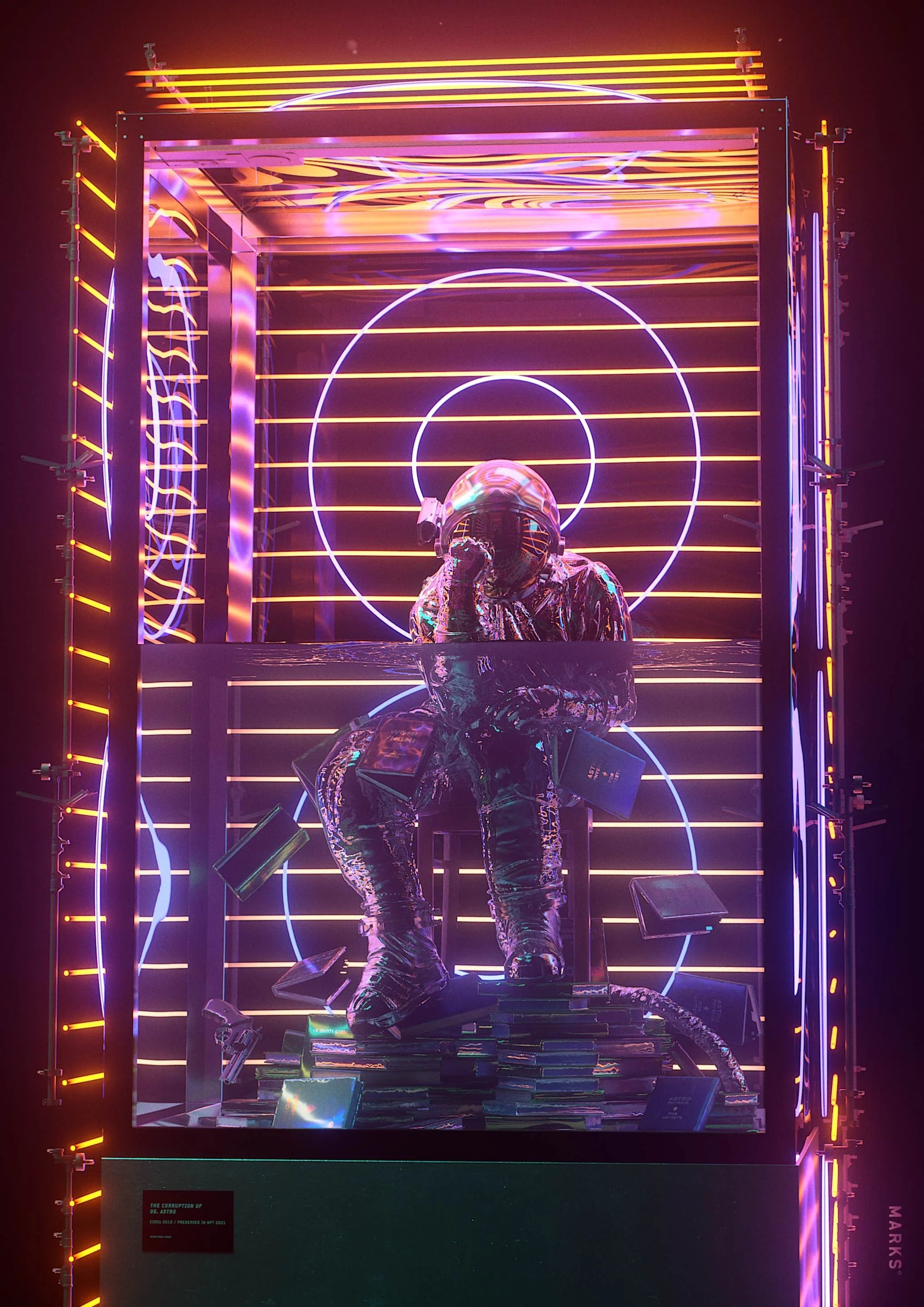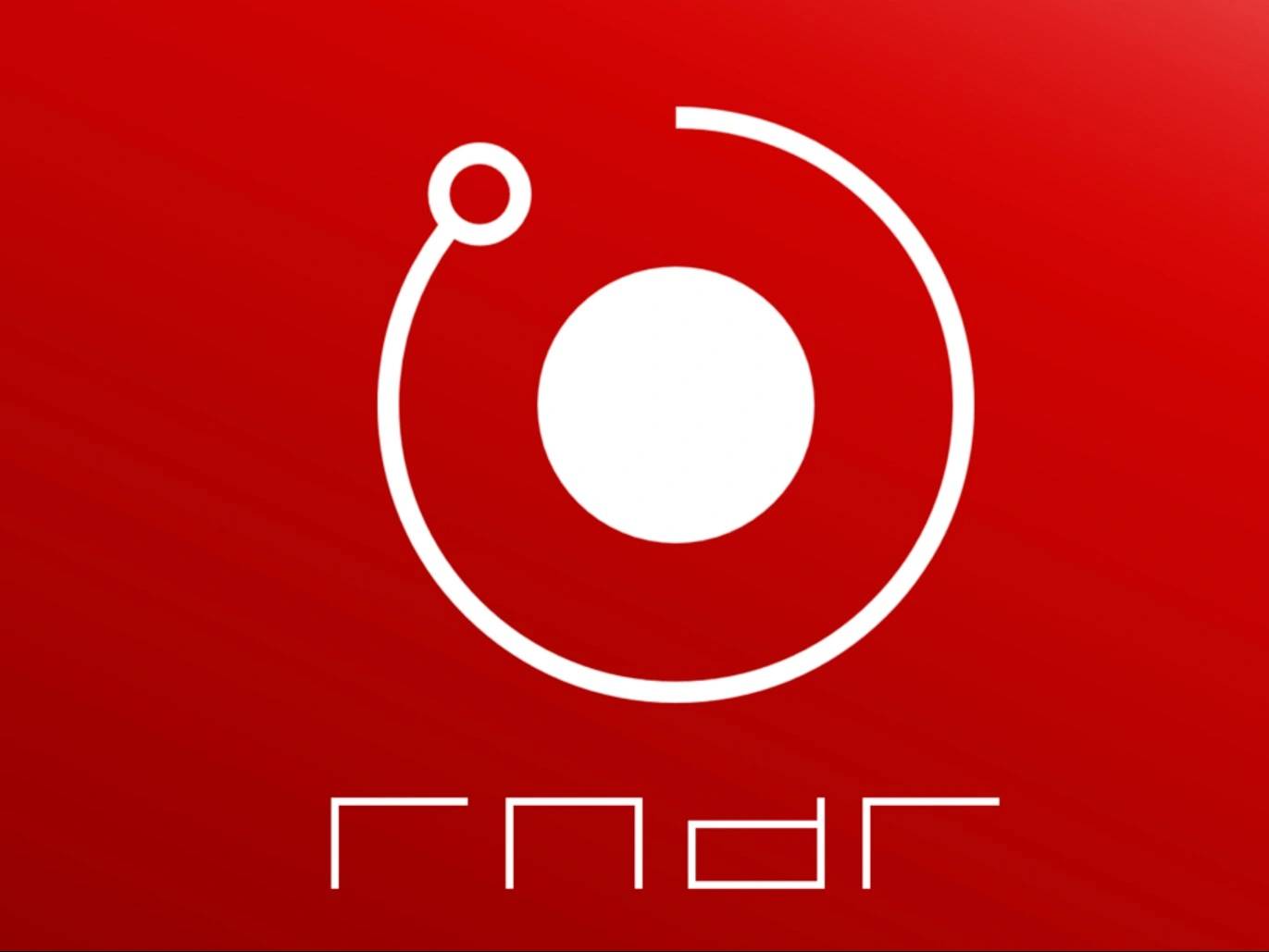订阅 wiki
Share wiki
Bookmark
Render Network
0%
Render Network
Render Network 是一个构建在 Ethereum 区块链之上的分布式 GPU 渲染网络。正如 Render Token 的白皮书[5]中所述,渲染是指将 2D 或 3D 计算机模型转换为逼真的图像和场景。Render Network 由其原生 RNDR 代币提供支持。[1][2][3][4]
概述
Render Token 由 Jules Urbach 于 2016 年创立。Urbach 是 OTOY Inc. 的首席执行官,OTOY Inc. 是一家云渲染公司,也是 Render Network 的母公司。Render Token 的白皮书[5]于 2017 年 8 月 28 日发布。[1][4]
Render Network 是一个专为 3D 渲染行业设计的基于区块链的平台。它利用去中心化的计算能力,为处理复杂的 3D 图形和动画提供解决方案。通过利用分布式计算机网络,Render Network 旨在提高渲染任务的效率和经济性,与传统的中心化渲染农场相比。[1]
该平台在 Ethereum 区块链上运行,利用 智能合约 进行透明交易。Render Network 允许艺术家、设计师和内容创作者提交渲染作业,由去中心化网络进行处理。这种方法为更广泛的用户提供了高质量的渲染。[1]
技术
Ethereum 区块链是 RNDR 生态系统的基础。这使得 RNDR Token 持有者可以将他们的代币保存在任何符合 ERC-20 标准的钱包中。这些代币可以在任何符合 ERC-20 标准的交易所进行交易。[5][6]
在 RNDR Network 上,用户向社区提交任务。平台自动计算完成任务所需的 RNDR 代币数量。此信息以附件形式提供,其中包含 智能合约 的规范。然后,数据通过 RNDR Network 传输。[5][6]
GPU 所有者使用 OctaneRender 执行必要的任务。OctaneRender 使用 RNDR 来扩展当前渲染服务的基础,整个过程消除了中间人。用户可以将 RNDR 代币发送给执行渲染工作的人员。这些代币也可以用于在全球范围内传输价值,并且每笔 RNDR 代币交易都会产生少量百分比的费用,用于资助 RNDR Network 未来的增长和运营。[6]
RNDR 代币
RNDR 是一种 ERC-20 实用代币,网络上的艺术家使用它来交换来自 GPU 提供商(节点运营商)的 GPU 计算能力。RNDR 结合了手动和自动 工作量证明 系统或渲染证明,以验证所有艺术品在付款发放和艺术品发布之前是否已成功渲染。[3][4]
首次代币发行 (ICO) 于 2017 年 10 月 6 日至 10 月 12 日举行。在此期间,总共售出了 4,650,922 个 RNDR 代币,价格为每个代币 0.25 美元。该团队在 2018 年 3 月表示,生态系统中发行的代币总数为 536,870,912 个,并且合约迁移程序以旧合约和新合约之间 1:1 的迁移比例开始。[6]
Genesis 主网 发布于 2019 年 6 月 24 日,当时该项目从 Ropsten 测试网迁移到 Ethereum 主网及其他网络。然后,该团队于 2020 年 3 月宣布在 Probit 交易所购买 450 万个 RNDR 代币的计划,利用当时的市场条件。最终产品于 2020 年 4 月上市。[6]
Render Network 基金会
2023 年 1 月 20 日,Render 团队宣布成立 Render Network 基金会,这是一个非营利组织,致力于维护核心 Render Network 协议并发展其社区和生态系统。[8]
作为创建基金会的一部分,创始团队将核心 Render Network 存储库和 Render Network 品牌的控制权转移给基金会,这是去中心化的重要一步,并将治理和控制权交到社区手中。[8]
Render Network 基金会在生态系统中的核心作用和责任主要是促进 2022 年 6 月宣布的 Render Network 提案 (RNP) 系统[9]。基金会还负责帮助设定网络的战略重点并颁发赠款以支持它们。[8]
Render Network 更新
2023 年 5 月 26 日,Render Network 发布了其路线图、白皮书和 Render Network 基金会新网站的更新。[10]
路线图/白皮书
路线图和白皮书被确立为一份文件,以便为基金会和网络开发提供结构和透明度。Render Network 基金会网站也被设置为路线图和与网络及其运营相关的其他项目的托管地。[10][12]
Render 网络正在将其平台从 Discord 转移到 Discourse 以进行 RNP 讨论。最后,基金会还在开放 2023 年赠款队列[11],这将部分由社区本身通过网络的治理流程来定义。这是为了允许社区提案和网络上的项目部分由 Render Network 基金会的赠款资助。[10]
基金会网站社区展示
Render Network 基金会网站的一个新增内容是一个展示社区艺术作品的画廊,以扩展和突出 Render Network 社区。在 Render Network 上创作的作品可以共享用于网站展示、社交媒体帖子和其他公共论坛。[10]
RNDR 燃烧和铸造平衡
2022 年 7 月,Render Network 推出了“燃烧和铸造平衡”,它指的是代币模型的流程和期望状态。在最佳情况下,在特定市场中,燃烧的代币和铸造的代币之间建立了相对平衡。在更广泛的层面上,生态系统中的交易与 Render Network 上的交易类似。用户交换代币(例如 RNDR 代币)以换取服务或产品(例如,渲染作品)。[13]
当用户为服务提供代币时,一旦服务完成,这些代币就被认为是“燃烧”的,从而有效地将它们从市场生态系统中移除。此燃烧过程用作链上验证,证明使用了提供的工作所需的适当数量的代币。区块链 存储此信息并将其用于记录向服务提供商或产品创建者的付款。此外,根据链、项目或社区建立的预定标准,可能会授予额外的奖励。铸造 新代币会定期按 epoch 进行。[13]

计算请求 (RFC)
2023 年 6 月,Render Network 宣布实施计算请求 (RFC),旨在支持网络增长。Render Network 的计算请求 (RFC) 标志着支持网络上更广泛用例的第一步。通过积极与对 Render Network 的计算网络感兴趣的客户互动,RFC 旨在了解计算需求并相应地提供服务。Render Network 基金会团队预计,此过程将使网络能够满足人工智能、虚拟现实、大数据和其他领域的新应用,从而促进增长并满足用户不断变化的需求。[15]
媒体
Raoul Marks
Raoul Marks 是一位两次获得艾美奖、获得英国电影学院奖提名的导演和 3D 动态设计师,他分享了将 Render Network 集成到他的制作工作流程中的经验。Render Network 被利用的一些项目包括电视剧《外围》和《西部世界》第四季,以及像热门 Playstation 游戏 MARATHON 这样的游戏预告片。Raoul 还创作了一系列 NFT,从独立作品到合作作品,包括与 20 世纪现代主义艺术的著名人物亚历山大·考尔德的遗产合作开发的一系列作品。[14]

发现错误了吗?
